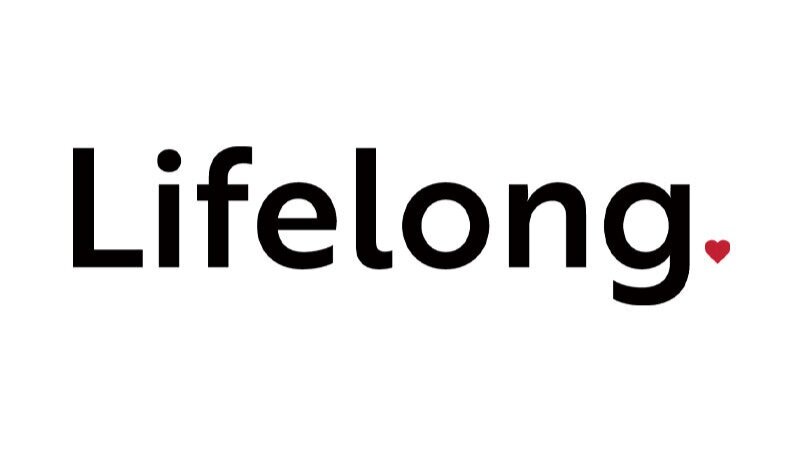May is Mental Health Awareness Month, and while every individual could benefit from mental health resources, individuals living in poverty while dealing with serious illness are at the greatest disadvantage. Even greater challenges are faced by people who are unhoused.
The Health Center Patient Survey reports that rates of chronic illness are significantly higher among people experiencing homelessness. 49% of the homeless population experience depression, compared to 8% of the housed population.
At our Whittier Heights Village, the tiny house village that was built by women and now managed and occupied by women, one of the most commonly reported mental health barriers is overcoming the effects of domestic violence.
According to Lindsey Schoeneman, Behavioral Health Professional, “domestic violence is a complex issue and part of what fuels the cycle of violence is fear – which includes the fear of leaving the abusive relationship because that comes with all sorts of unknowns.”
On top of potential traumas from homelessness, the majority of these women are also facing the trauma of having an abusive partner. Lindsey and other Lifelong staff work hard to help these women to envision healthier possibilities for themselves and their relationships.
Simply removing someone from a dangerous situation is only the first step to recovery. To give clients their best chance at successfully reentering permanent housing, Lifelong’s case managers and mental health professionals build a relationship of trust, offering people both a physical and emotional safety net.
“I think what makes our approach so unique is just being a human being with another human being,” Lindsey explains. “Trust is such an important element because it helps to build a foundation for someone to feel stable. It can’t be quantified – it’s just the human nature of what we do – which is often overlooked and under-valued because it is not churning out a number or a statistic on something.”
A lot of these women haven’t been able to imagine a future for themselves, and that is where Lindsey and other Lifelong staff really have an impact. A former client from the Whittier Heights Village had decided to show Lindsey how to make ‘dream-catchers’ and even as simple as that was for Lindsey to be a part of, the experience of teaching and sharing her craft, helped this client on multiple levels.
“She was able to open up to me and talk about her past, which she had never told anyone before, and then this also created the space for her to think about the next 5 years and what she wanted that to look like,” Lindsey explains.
At Lifelong, we emphasize care for mental health just like we do any other barrier to health that our clients have. Although mental health is less stigmatized than it was 10 years ago, it is still so under-valued in the community’s social service systems.
Research supports Lifelong’s belief that housing is healthcare. Data proves the correlation between an individual’s housing status and their longterm health outcomes, which includes mental health.

